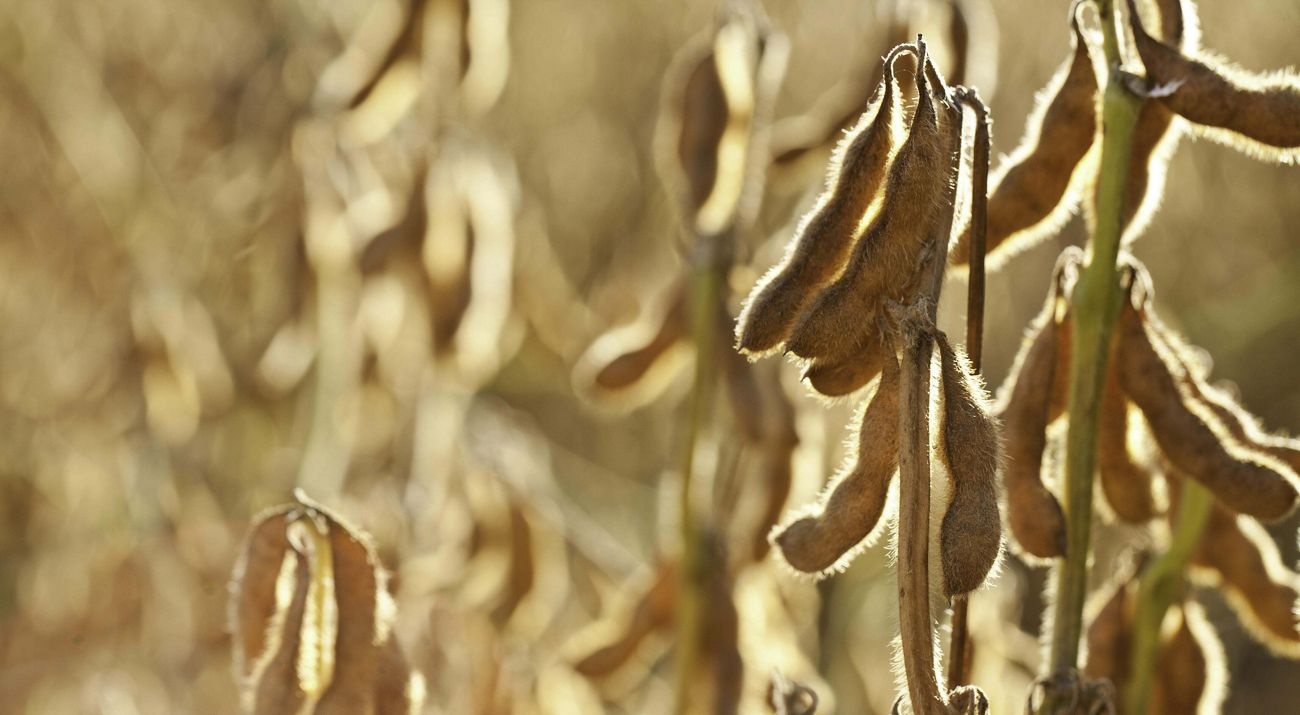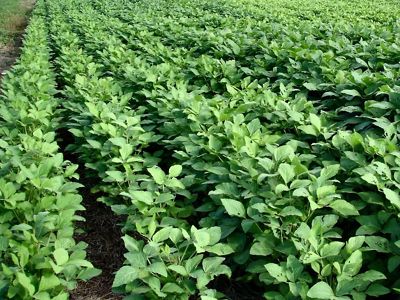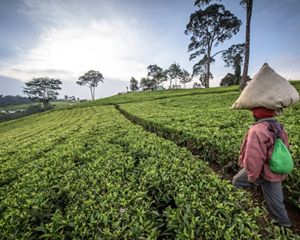In Turbulent Times, Resilience Wins
Written by: Axelle Bodoy, Louis Dreyfus Company and Hannah Birgé, Ph.D., The Nature Conservancy

Agriculture is both connected through global trade patterns and rooted in local realities. Farms around the world are shaped by diverse local conditions of input and labor availability, weather patterns, soil fertility, pest pressures, market access and more. Collectively, they still manage to provide a constant stream of essential goods to far-flung markets through a vast web of intermediaries, trade routes, infrastructure, and relationships. It’s easy to take the global agrifood system for granted, but its continued functioning—through a global pandemic, regional conflicts, trade tensions, input shortages and increasingly extreme weather in the past decade alone—is nothing short of extraordinary.
Today, the agricultural sector faces a new challenge: a possible reordering of cross-border trade dynamics, as deglobalization pressures emerge. And companies with global value chains optimized for a high-trust, low-friction world will need a new playbook.

We believe this moment represents a strategic opportunity for the agricultural sector to reposition sustainability as a hedge against systemic risk. Soil health, water security, weather resilience, diversified sourcing, and long-term producer relationships are not just an impact metric for sustainability reports; they are competitive advantages for agribusinesses in an increasingly fractured trade environment.
Take, for example, the impact of global harvest variability on global commodity prices. The International Monetary Fund estimates that for every 1% dip in global agricultural yield, global food commodity prices increase by 8.5%[1]. International trade is a crucial buffer against such impacts, by helping to balance supply and demand across regions and thereby limiting harvest-related price shocks.[2] [3] [4]
But in a business environment where the ability of trade to buffer production variability is in question, food and agricultural sector companies must design for local resilience. Not only by doubling down on carbon accounting, but by rethinking how sustainability can be embedded into their business models to strengthen value chains and shield against risk across operations, supply chains, and geographies.
That’s why Louis Dreyfus Company (LDC) teamed up with The Nature Conservancy to promote and implement regenerative agricultural practices in strategic agricultural supply chains as part of a shared goal to mitigate climate change impacts from food and agricultural production and improve biodiversity and ecosystem services.
LDC’s model offers a real-world example of what companies can do. It starts by identifying environmental risks such as soil erosion, deforestation, or water scarcity in specific sourcing regions. And then it develops practical pathways for supply chain partners to co-invest in solutions. Often, farmers already understand which practices could strengthen their land and productivity, but they lack the financial means or support to scale them. This model helps close that gap. In doing so, value is created for both the farmer and the supply chain.
This type of approach works because it adds new layers of value to established value chains and honors the hyper-local context in which farms operate. It also supports the collection of data aligned with voluntary and required environmental reporting. But the core purpose is more fundamental than corporate environmental reporting: it exists to generate shared investment for resilient farming systems from multiple supply chain stakeholders.
Companies that invest in these foundations won’t just weather environmental and climate stress. They’ll gain an edge in an era of growing political and logistical instability. Because resilience isn’t a drag on efficiency, but an engine of durable profitability. In a turbulent future, the winners won’t be the cheapest operators. They'll be the ones built to last; those who invest in long-term resilience.
Authors
Axelle Bodoy is the Global Head of Regenerative Agriculture for Louis Dreyfus Company, and Hannah Birgé, Ph.D., is Director of Science & Standards for Corporate Engagement at The Nature Conservancy.
[2] https://unctad.org/news/trade-wars-are-huge-threats-food-security
[3] Wang, X.; Ma, L.; Yan, S.; Chen, X.; Growe, A. Trade for Food Security: The Stability of Global Agricultural Trade Networks. Foods 2023, 12, 271. https://doi.org/10.3390/foods12020271
Stay in the Loop
Sign up for nature news in your inbox.

